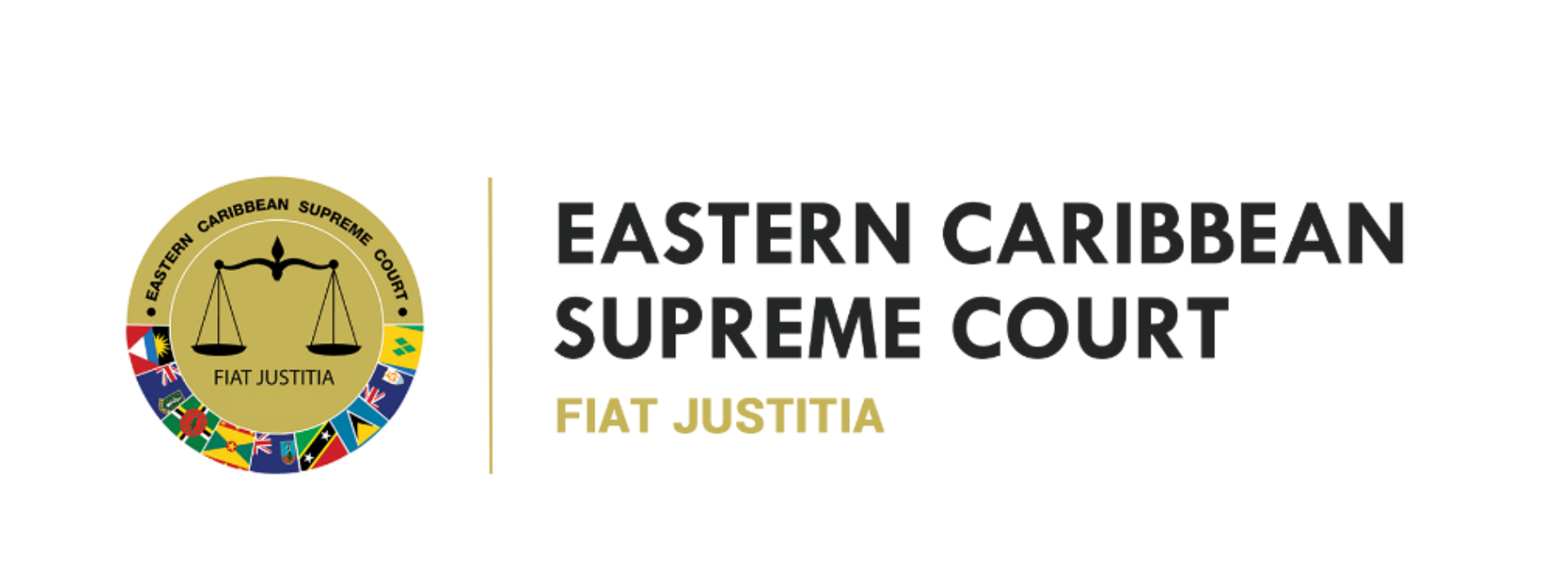Eastern Caribbean Supreme Court Issues Practice Direction on Sentencing for the Offence of Murder
ECSC - an Institution of the OECS
The Eastern Caribbean Supreme Court (ECSC) has embarked on The Sentencing Guidelines Initiative aimed at promoting and streamlining the Court’s approach to sentencing across its nine-member jurisdiction.
Sentencing Guidelines have been issued for murder, firearm offences, sexual offences, offences of dishonesty and drug offences. Practice Directions have also been issued to guide the sentencing process.
On 4th August, 2020 the Chief Justice issued a Practice Direction on Sentencing for the Offence of Murder for the ECSC. This Practice Direction sets out the approach to be applied in each Member State and Territory falling under the jurisdiction of the ECSC when a custodial sentence is being imposed for the offence of murder. The Practice Direction also highlights the factors which should be considered by a judge during the sentencing process.
Like the Sentencing Guidelines which have been issued, this Practice Direction is intended to promote consistency in approach to sentencing for murder.
This Practice Direction on Sentencing for the Offence of Murder for the ECSC is slated to come into effect in each Member State and Territory on 1st September, 2020. Legal practitioners and members of the wider public are urged to review the practice direction and familiarise themselves with the same ahead of the commencement date.
Please visit www.eccourts.org for new updates, notices and for keeping abreast with judgments delivered by the Court.
About the Eastern Caribbean Supreme Court:
The Eastern Caribbean Supreme Court (ECSC) was established in 1967 by the West Indies Associated States Supreme Court Order No. 223 of 1967. The ECSC is a superior court of record for the Organisation of Eastern Caribbean States (OECS), including six Independent States: Antigua and Barbuda, the Commonwealth of Dominica, Grenada, St. Kitts and Nevis, Saint Lucia, St. Vincent and the Grenadines; and three British Overseas Territories: Anguilla, The Virgin Islands, and Montserrat. The Court has unlimited jurisdiction in each Member State and Territory.
